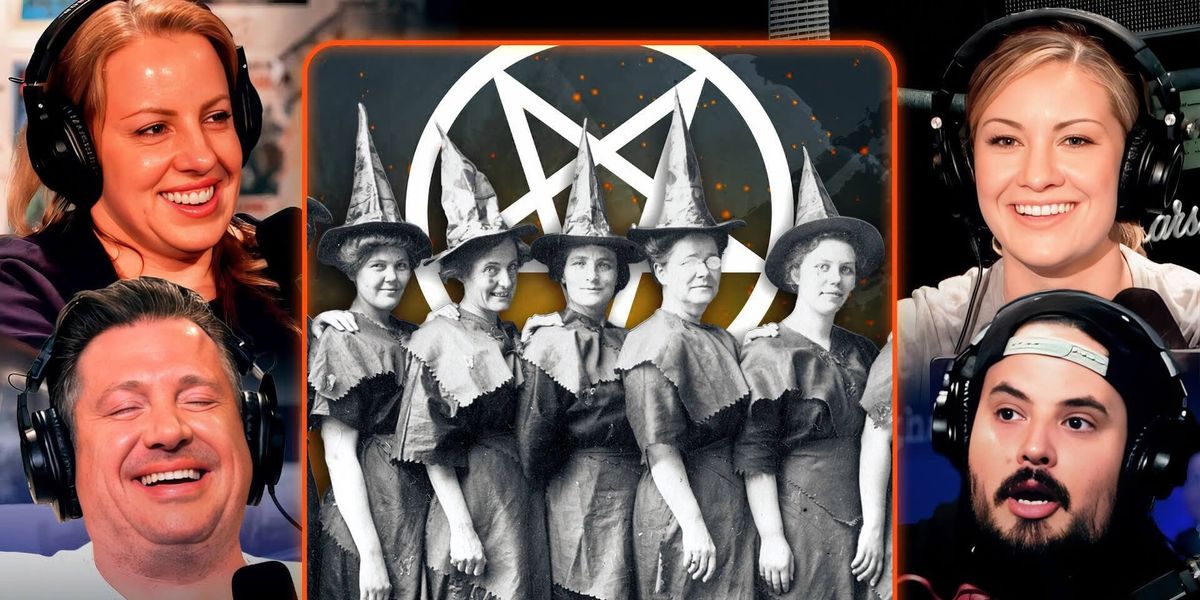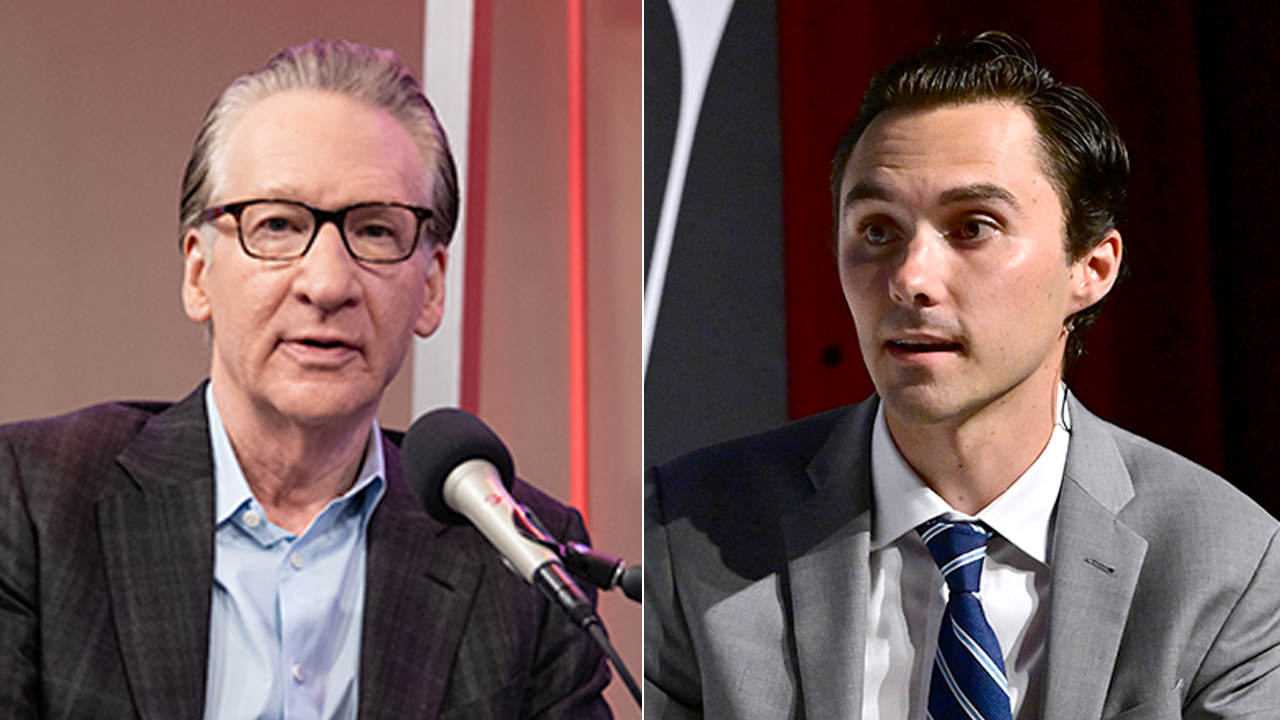On Monday evening, Israel and Hezbollah reached an agreement for a ceasefire that will take effect later that night after months of conflict.
The decision followed a vote by Israel’s security cabinet, which approved the deal with a 10-1 vote, signaling a potential end to the bitter fighting along Israel’s northern border.
The ceasefire aims to last for 60 days, with the possibility of a longer-term peace deal in the future.
Celebrate Trump’s Historic 2024 Victory with the Exclusive Trump 47th President Collection!
The announcement came after weeks of complex negotiations involving Israeli Prime Minister Benjamin Netanyahu, Lebanese officials, and U.S. mediation.
Netanyahu and Lebanese leaders gave their approval to the ceasefire, which is expected to bring relief to the displaced civilians and potentially set the stage for a more lasting peace agreement.
Joe Biden welcomed the ceasefire, calling it “good news,” and emphasized that Israel retains the right to self-defense in the event of violations by Hezbollah.
JUST IN: Joe Biden has taken credit for the ceasefire deal between Israel and Hezbollah
Even the *Washington Post* says Israel was doing it for President Trump
Is it just a coincidence that Israel agreed to a ceasefire right after talks with Trump?
Of course it’s not. But… pic.twitter.com/imOIGotHK0
— Nick Sortor (@nicksortor) November 26, 2024
Biden described the deal as an important step for Lebanon, which has been deeply affected by the ongoing conflict, resulting in widespread displacement and casualties.
“The ceasefire heralds a new start for Lebanon,” Biden said in his remarks. “This agreement will help bring stability to a country that has faced months of conflict.”
Netanyahu also voiced his support for the deal, stressing that it would allow thousands of displaced Israeli families to return to their homes. “We appreciate the contributions of the United States in the peace process and remain committed to defending Israel’s security,” Netanyahu said.
He also noted that the deal would provide Israel with the opportunity to focus on other threats, particularly from Iran.
Hezbollah, which has been involved in intense clashes with Israeli forces since late September, has yet to comment publicly on the agreement.
However, the terms of the ceasefire are understood to call for the withdrawal of Israeli forces from southern Lebanon and the cessation of Hezbollah’s military presence in the region.
The deal, which is based on UN Security Council Resolution 1701, aims to restore security and stability along the border.
The agreement also includes provisions for an increased presence of Lebanese Army troops and a UN peacekeeping force in the area to maintain order.
Lebanon’s Prime Minister, Najib Mikati, called the ceasefire “a fundamental step” toward regional stability and reaffirmed Lebanon’s commitment to strengthening its military presence in the south.
The conflict has been devastating for both Israel and Lebanon. The Lebanese Health Ministry estimates that at least 3,823 people have been killed since the conflict began, with a significant portion of these casualties occurring since September 2023.
In Israel, more than 70,000 people have been displaced by the fighting, and tensions have remained high with fears of a broader regional war.
Despite the hope for a ceasefire, there are still concerns about the long-term viability of the agreement.
Critics, including former Israeli diplomats, have raised doubts about the enforceability of the terms. Alon Pinkas, a former ambassador, described the deal as “fragile” and warned that it may be difficult to sustain in the long run.
International pressure has been mounting for a de-escalation of hostilities, with many leaders calling for an immediate end to the violence.
U.S. Secretary of State Antony Blinken expressed optimism about the deal, stating that it would make a significant difference in saving lives and allowing displaced people to return to their homes.
He also emphasized the importance of continuing diplomatic efforts to address the ongoing conflict in Gaza.
European leaders have also welcomed the ceasefire, with EU foreign policy chief Josep Borrell expressing hope that it would pave the way for a more sustainable peace. “The ceasefire is long overdue and provides some relief to the civilian populations of both Lebanon and Israel,” Borrell said.
The deal has been met with mixed reactions within Israel, with some voicing concerns about its long-term effectiveness.
While many view the ceasefire as a necessary step to avoid further escalation, others question whether it will truly resolve the underlying issues, particularly the ongoing threat from Hezbollah and the presence of Iranian-backed forces in the region.
As Israel and Lebanon look ahead, the international community remains focused on supporting the ceasefire and working toward a lasting resolution to the conflict.
The U.S. and European countries have pledged to continue their efforts to stabilize the region and assist with the humanitarian needs of those affected by the violence.
The opinions expressed by contributors and/or content partners are their own and do not necessarily reflect the views of LifeZette. Contact us for guidelines on submitting your own commentary.
Read the full article here


![Israel Strikes Ceasefire Deal with Hezbollah, Biden Takes Credit, Israel Gives It To Trump [WATCH] Israel Strikes Ceasefire Deal with Hezbollah, Biden Takes Credit, Israel Gives It To Trump [WATCH]](https://www.lifezette.com/wp-content/uploads/2024/11/2024.11.27-01.53-lifezette-6747244ba149b.jpg)
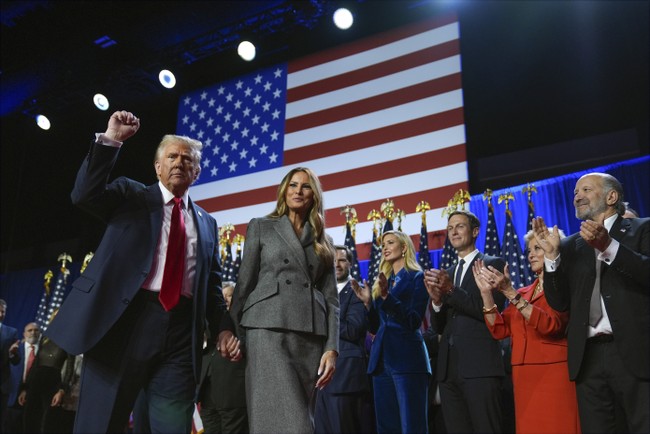

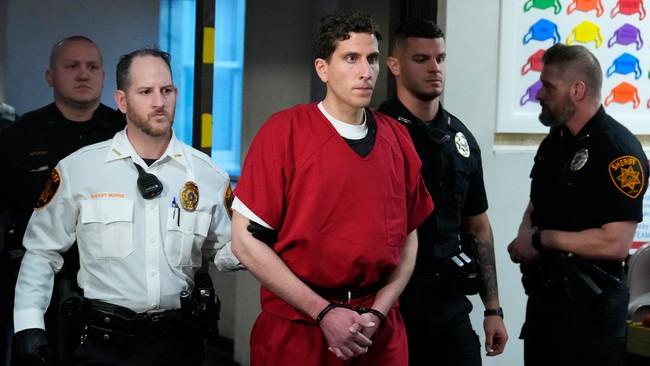
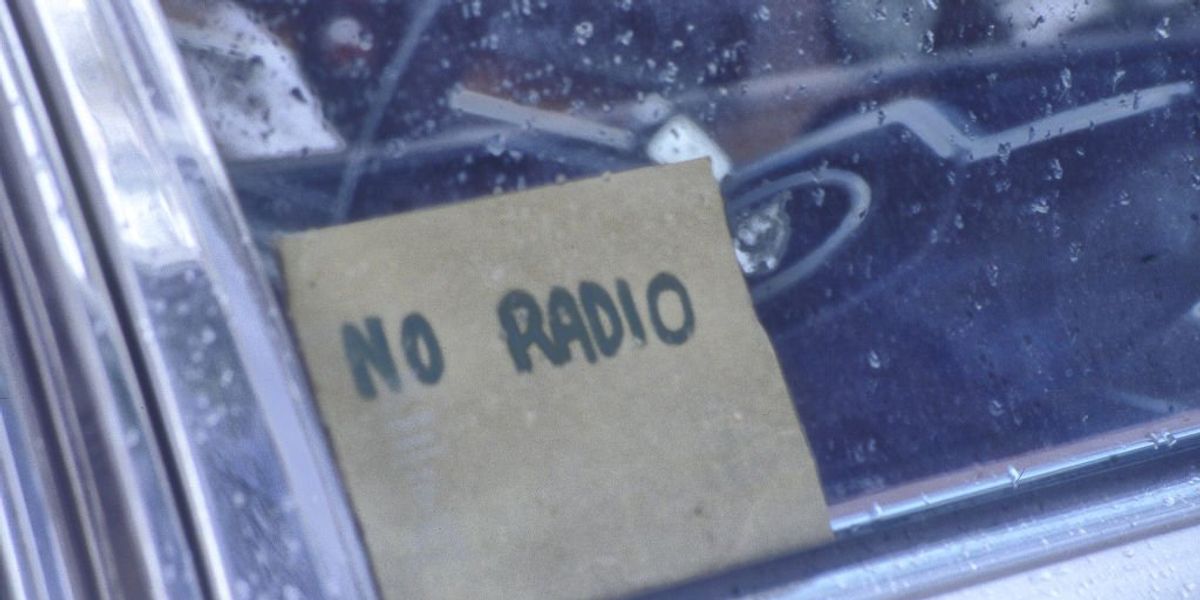

![FEMA Chief Fired After Opposing Trump’s Call to Scrap the Agency [WATCH] FEMA Chief Fired After Opposing Trump’s Call to Scrap the Agency [WATCH]](https://www.lifezette.com/wp-content/uploads/2024/11/2024.11.12-08.34-lifezette-6733bbbdab188.jpg)
